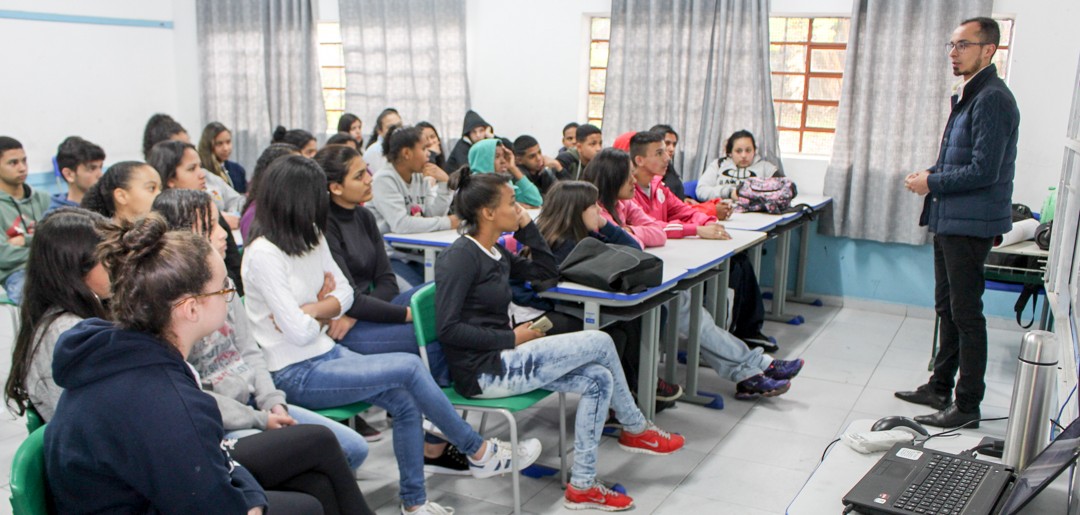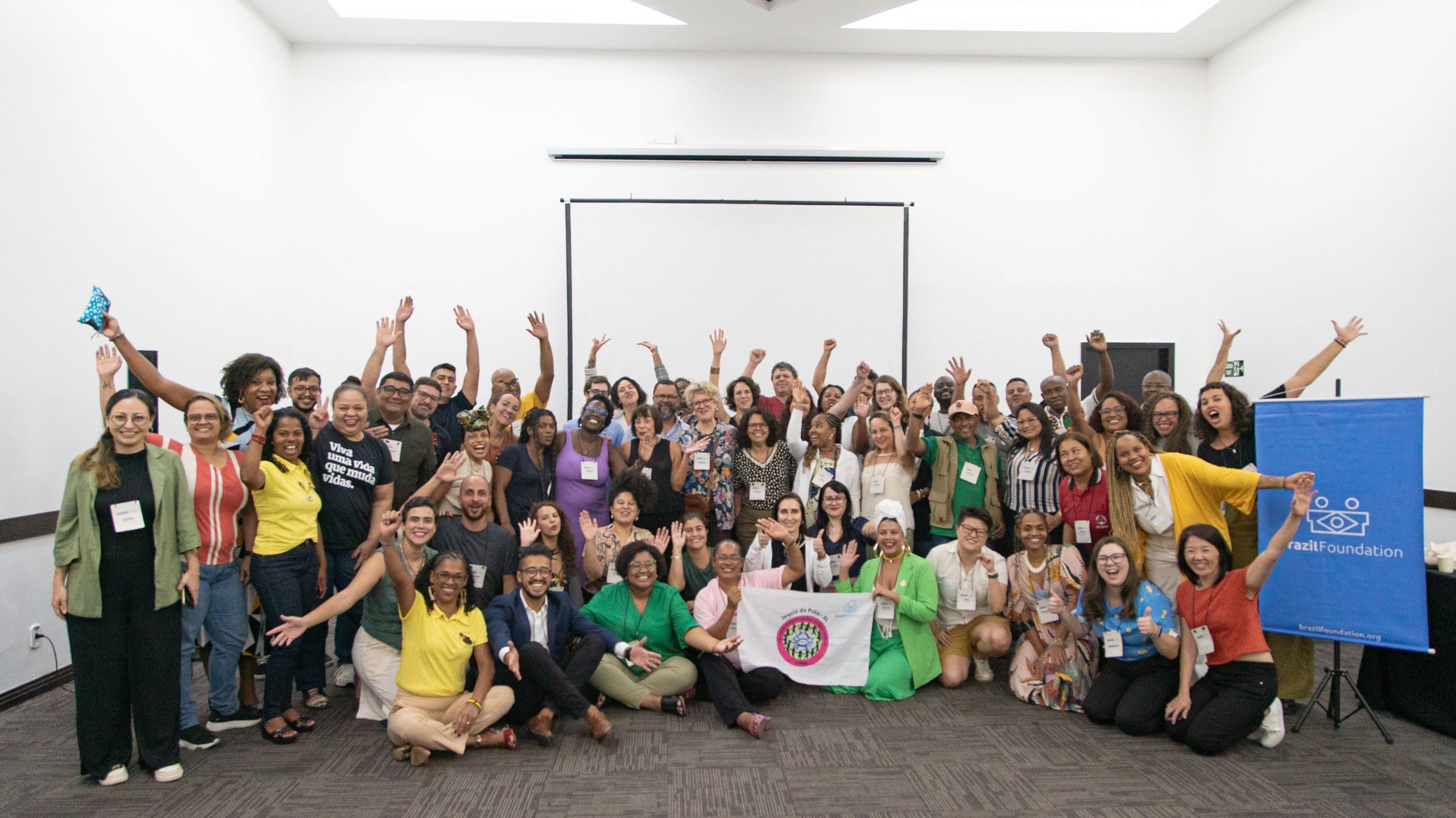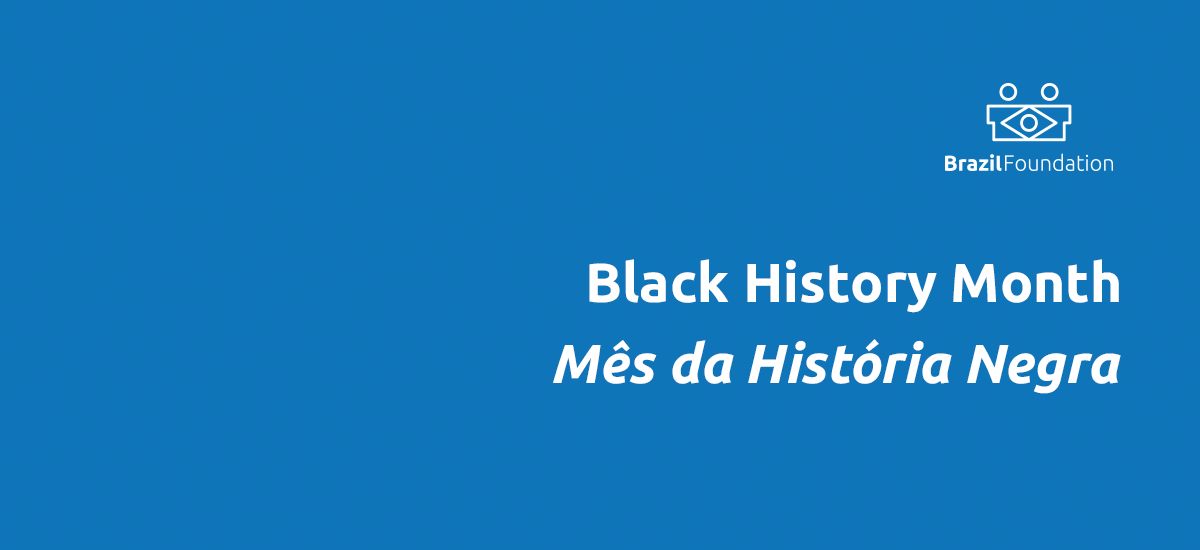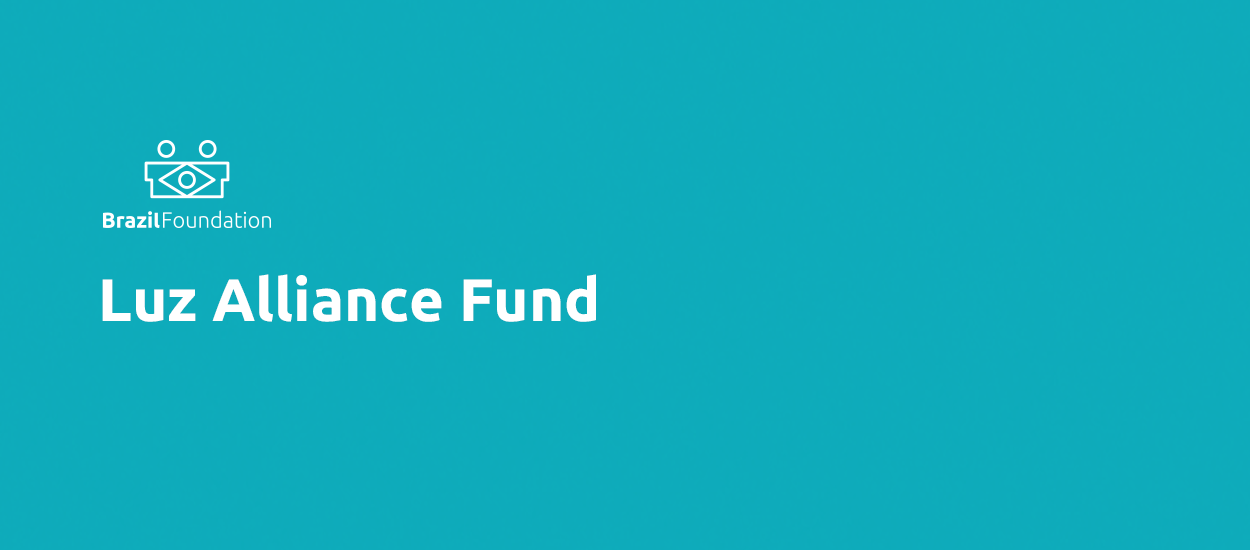Creating a Future of Opportunities for Young People from Peripheral Communities Through Education
After serving his sentence for drug trafficking, Emerson Ferreira founded Reflexões da Liberdade and is transforming the lives of many young people
By Bruno Faria
Young people living in peripheral communities in Brazil are faced with social inequality, poor public support for quality education, and little or no access to cultural activities. These problems leave them exposed and vulnerable to violence and involvement in illegal activity. Emerson Ferreira founded Reflexões da Liberdade, a social project that goes to public schools to discuss topics with young people like dreams, resilience, human rights, social justice, family, crime, conflict resolution, and socio-emotional skills.
“We are showing [them] that people born in tough neighborhoods are not doomed to a hopeless life. There is a way out that is transformative and that breaks this vicious cycle of crime, and that door is education,” he says.
Emerson was born in Jardim Santa Luzia, Embu das Artes, São Paulo, a neighborhood of 3,800 residents that lacked any cultural, sports and leisure activities. Emerson’s mother worked three jobs to support her family and prevent her son from going down the crooked path of alcohol, drugs and crime. As with many young people from the periphery, Emerson had to leave school to help support his family from an early age.
Unable to see other possibilities or ways of life, and it becoming increasingly difficult to help his mother with expenses, Emerson was lured by drug trafficking and at age 19 arrested for involvement in drug trafficking activity.
While in prison he came to understand the real meaning of being poor, of human degradation, of poor educational, psychological and family structure and the consequences it all has for many. It was there that he began to reflect on the course his life could take if he continued to repeat the vicious cycle of the youth in his community, and began to look for ways to change the course of his own life and how to help other young people not follow the same path as his.
“I was not the first in my family to be arrested, but leaving here I’ll be the first to go to college and get a degree,” he thought.
He began studying again while still in prison, and began to create what would become Reflexões da Liberdade. Three months after he was officially released, he enrolled in college to study Psychology. He worked with AfroReggae, began to give talks, told his life story to newspapers and magazines, and regained his self-esteem.
He embraced every opportunity he could and systematized all of his ideas. Knowing that he could become a positive reference for others, he began to devote himself completely to education. Upon graduating from college he became confident with his knowledge and experiences and finally founded Reflexões da Liberdade.
The project has already been in 12 schools in São Paulo. The project’s goal is to help students, teachers and educators see themselves as agents of change. More than 5,000 young people have already participated in the project’s activities. “We are contributing to the long-term vision of creating a future we want based on human values.”
[envira-gallery id=”27303″]



